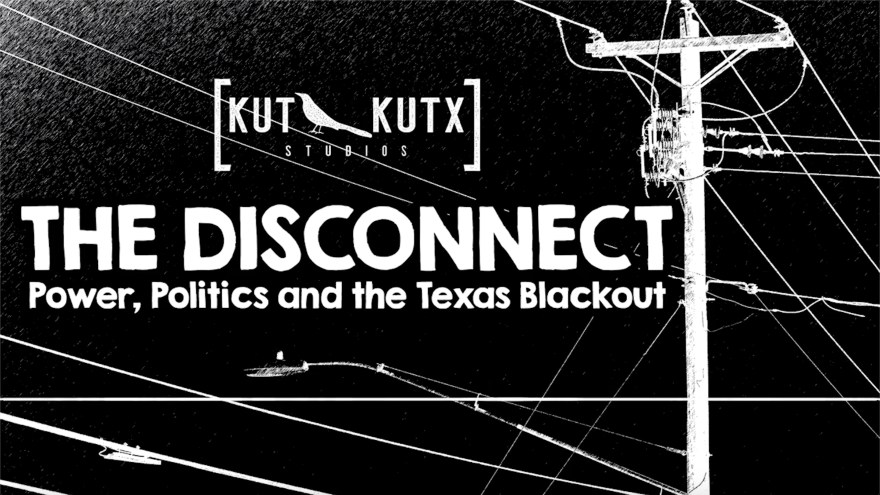A state-mandated review of the Public Utility Commission of Texas found the agency “cannot truly fulfill expectations for ensuring a reliable electric grid” without increased funding and an improved “decision making process.” The report recommends reforms not only to the PUC, but also to the Electric Reliability Council of Texas and the Office of Public Utility Counsel.
The Sunset Advisory Commission staff report, released Thursday, is part of a regular review of state operations. It's kind of like an audit, in which commission staff look at the responsibilities, performance and funding of agencies and then recommend changes.
The report describes the PUC as an agency in transition after last year’s deadly blackout. It notes that the ongoing overhaul of the PUC ordered by lawmakers after the power failure made it hard to review many agency operations, but finds significant room for improvement.
“Most importantly, the review found PUC is woefully under-resourced given its critical responsibilities and the work that still lies ahead,” the report says in its opening summary. It contends that the agency’s staff size — only 166 people last year — is not enough to “oversee utility industries vital to the wellbeing of Texans."
When it comes to that industry oversight, Sunset Commission staff found the PUC is overly dependent on industry and other “market participants” that it regulates “for analysis of information it needs to make strategic decisions that affect the entire state.”
“The market participants have private interests to protect, which may be at odds with the broader public interest in providing reliable electricity to all Texans,” it concludes, arguing the PUC should be given funding to hire more of its own industry analysts.
Other recommendations include: 1) creating a clear statutory definition of what constitutes electric “reliability"; 2) improving PUC communication with the general public; and 3) creating a more formal communication process between the PUC and ERCOT.
The review also calls on PUC regulators and ERCOT officials to establish pre-determined triggers for when they issue conservation “appeals” or “notices.”
The agency issued three such appeals this year, which led to some undue concern among the public. The review mentions the case of one person responding to a conservation appeal over the summer by "setting their thermostat to 80 degrees and showering in the dark," which it called "unnecessary."
The report goes next to a public hearing at the Sunset Advisory Commission, before its findings are considered by state lawmakers during next year’s legislative session. That public hearing has not yet been scheduled.
















